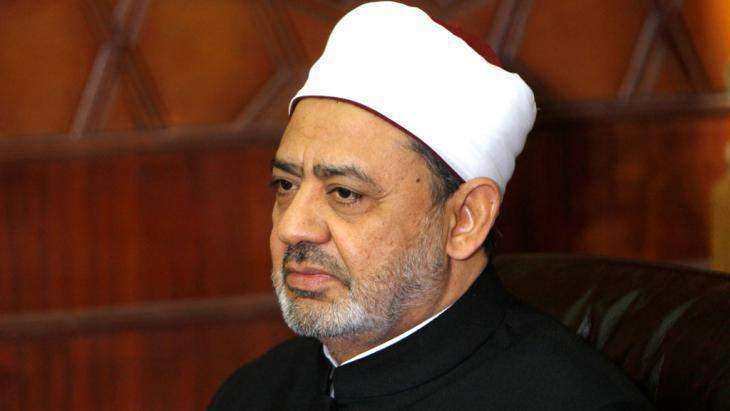Al Azhar is full of religious symbolism, reflects the influence of its leaders, most notably Dr. Ahmed Al Tayeb, Grand Imam of Al Azhar, and has been a beacon of civilisation and humanitarian radiance for over 1,000 years
ABU DHABI, (Pakistan Point News - 29th Jan, 2019) Al Azhar is full of religious symbolism, reflects the influence of its leaders, most notably Dr. Ahmed Al Tayeb, Grand Imam of Al Azhar, and has been a beacon of civilisation and humanitarian radiance for over 1,000 years.
Al Azhar presents a noble message that benefits the people of the Islamic world, as well as thousands of students from around the world who study science at Al Azhar University.
The history of Al Azhar is part of the history of Islamic culture since the 4th Hijri Century, and it is still performing its role in Islamic and social ideology and is expressing its scientific ideas and knowledge.
The Al Azhar Mosque, which was built over two years, was founded on the 14th year of Ramadan (359 Hijri – 971), under the supervision of Jawhar Al Siqilli, Commander of El-Mu'izz Li-Din Allah Al Fatimi. The mosque opened for prayer for the first time on Ramadan 7th 361 Hijri, and it soon became a university that teaches religious studies, which has attracted students of science and arts from many countries.
Al Azhar has been a prominent part of the Islamic community for the last ten centuries. Its scholars have helped to spread the values of tolerance and moderation, despite the challenges witnessed by Egypt and the region.
Since 2010, Dr. Al Tayeb has been the Grand Imam of Al Azhar and President of the Islamic Research academy. He was also previously the Grand Mufti of Egypt and President of Al Azhar University. He currently chairs the Abu Dhabi-based Muslim Council of Elders and the Religion Dialogue Committee in Al Azhar.
Dr. Al Tayeb was born on 6th January, 1946, in Al Marashdah in Dishna, a village in Qena Governorate, Upper Egypt. He received his undergraduate degree from Al Azhar University in the Islamic Ideology and Philosophy in 1969, and was appointed as a teaching assistant at the university. He received his master’s degree in 1971 and his PhD in 1977.
Dr. Al Tayeb is a professor of Islamic Ideology, speaks French and English fluently, has translated several French works into Arabic, and has worked as a university lecturer in France. He has also published several works on Fiqh, Sharia, and Islamic Sufism.
Dr. Al Tayeb is an enlightened scholar who relies on knowledge and culture, which is not unusual for someone who studied at Al Azhar and the Sorbonne, where he received his PhD in Islamic Ideology. He is also known to have an enlightened and moderate ideology, which is not too religiously conservative, and he prefers the moderation that characterises the Islamic religion in his view. He also rejects all forms of religious, racial and social prejudice.
Dr. Al Tayeb plays a key role in countering sectarianism in Islamic countries, as well as in restoring the relations between Muslims and other faiths based on Islamic foundations and respect for the followers of other Abrahamic religions. He stated that what separates Al Azhar from other universities is its efforts to spread religious and social awareness.
Dr. Al Tayeb respects the UAE’s leadership and people, and he has expressed this on many occasions, most notably while receiving the "Cultural Figure of the Year Award" from the secretariat of the Sheikh Zayed Book Award, when he said, "This is a privilege know by the people. We, in Al Azhar, value the role of the UAE and its leadership in serving and supporting Al Azhar as an international university. The UAE has supported many projects that serve Muslims, such as the establishment of the Sheikh Zayed Centre for Teaching Arabic to Non-Natives in Al Azhar University, which is a leading international centre for the teaching of Arabic to non-native speakers."




